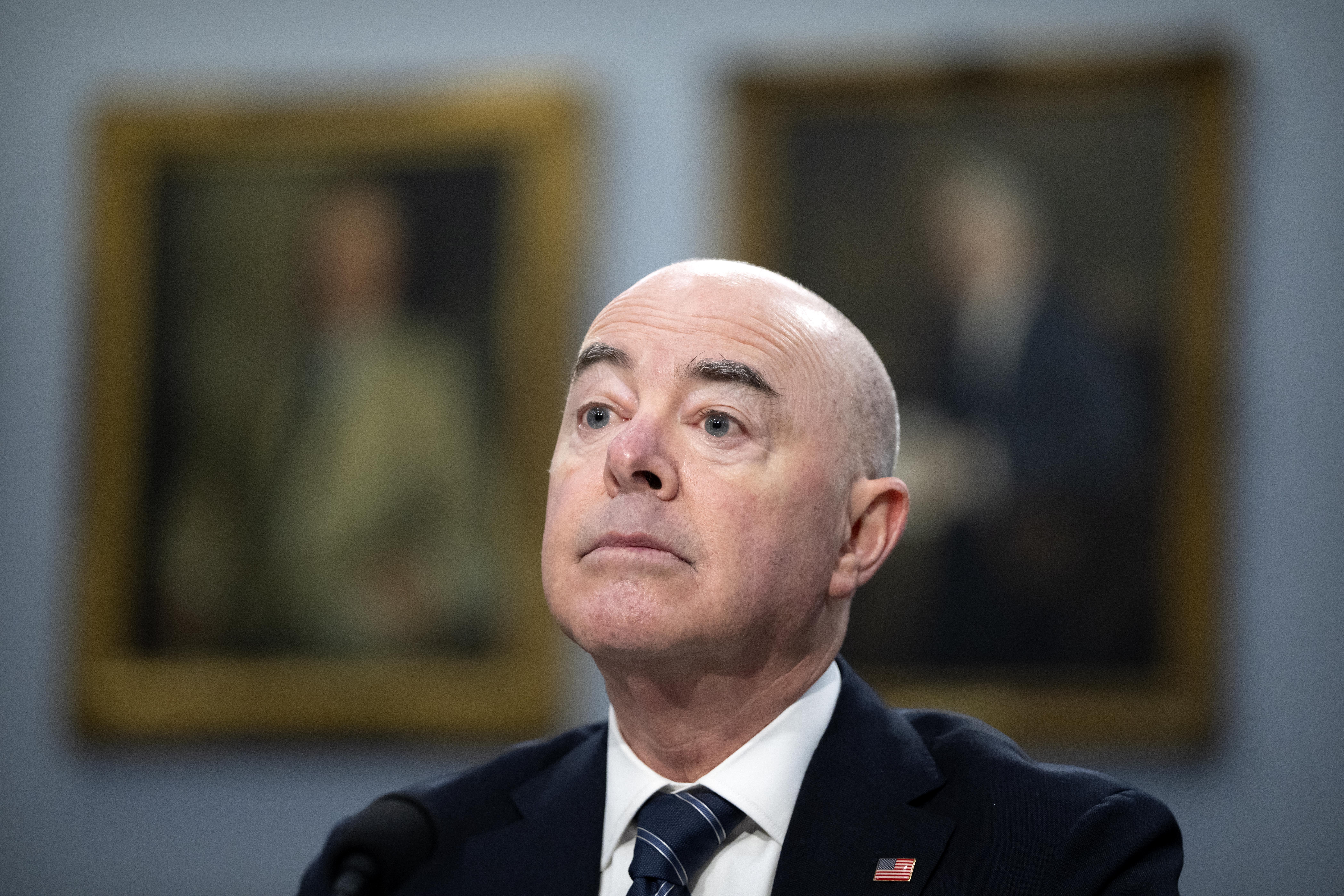WASHINGTON — Looking beyond expected House approval of an $816 billion economic stimulus plan, President Barack Obama said Wednesday the nation is at a "perilous moment" requiring swift and decisive action.
"We don't have a moment to spare," Obama said in the East Room of the White House, just hours before a crucial House roll call vote. The measure intended to steady the ricocheting economy was expected to pass, but likely with little of the bipartisan support that Obama wanted. The issue then goes to the Senate where the new president hopes to draw more GOP backing.
Obama tempered the sense of urgency in his voice with his observation that he and corporate leaders "left our meeting confident that we can still turn our economy around."
His brief remarks were designed to put his stamp on the debate while the action was taking place at the other end of Pennsylvania Avenue.
During his talk and in the earlier Roosevelt Room session with business CEOs, Obama said the people running the companies that are the engine of the American economy are behind him. Asked at one point if he was confident of getting Republican support, he replied only: "I'm confident we're going to get it passed."
Obama has spent his first days in office trying to drum up bipartisan support for his expensive and expansive plan to help pull the country out of the year-old recession. It's the first major test of Obama's presidency; how he handles the volatile situation, and the effect of his stimulus package on the economy, could well set the tone for his presidency.
The House measure had been estimated to cost $825 billion, but the Congressional Budget Office updated the bill's price tag to $816 billion after accountants recalculated its cost. That total could still rise, however, if the House passes a Democratic amendment that would add $3 billion for mass transit.
U.S. & World
Stories that affect your life across the U.S. and around the world.
It already includes about $550 billion in spending and roughly $275 billion in tax cuts in hopes of spurring the economy and helping those directly affected. Much of the spending would be for items such as health care, jobless benefits, food stamps and other programs that benefit victims of the downturn.
On Capitol Hill, a day of debate on the measure opened with most Democrats pressing for passage and trumpeting the measure as the elixir for what ails their jobless constituents; Republicans generally griped about "insane" programs that would be funded in the plan and "minuscule" tax relief for small businesses as they urged opposition.
"It is now essential for us to move," said David Obey, D-Wis., chairman of the House Appropriations Committee. "Another week that we delay is another 100,000 or more people unemployed. I don't think we want that on our consciences."
His Republican counterpart, Rep. Jerry Lewis of California, suggested that Democrats were putting politics over progress as they crafted the language of the bill and led the debate on it.
"It's not too late to make this a better bill, a bipartisan bill," Lewis said.
Republican support by and large ranged from tepid to icy.
House Minority Leader John Boehner, R-Ohio, wouldn't say how he thought the vote would turn out but he emphasized anew that GOP members are worried about billions in domestic spending that "has nothing to do with creating jobs or preserving jobs."
Citing the proportion of tax cuts to new spending in the bill, Senate GOP leader Mitch McConnell of Kentucky said "where we have differences with the House Democrats is that the package just doesn't seem to reflect our priorities, nor the president's."
Congressional leaders have promised Obama they would send him the measure by mid-February.
In his remarks, Obama called on everyone — corporate executives and factory floor workers, educators and engineers, health care professionals and elected officials — to abandon a "sense of irresponsibility that prevailed from Wall Street to Washington."
And he said his administration would make certain the money would be spent in full view of the public, with ways to check where it goes and how it will be used — a nod to skepticism about the "size and scale" of the plan.
He left no doubt that he means to see it signed into law, and quickly — and that he thinks those who stand in the way will suffer the wrath of angry voters.
"All we can do, those of us in Washington, is help create a favorable climate in which workers can prosper, businesses can thrive, and our economy can grow," Obama said. "And that's exactly what I intend to achieve - soon."



